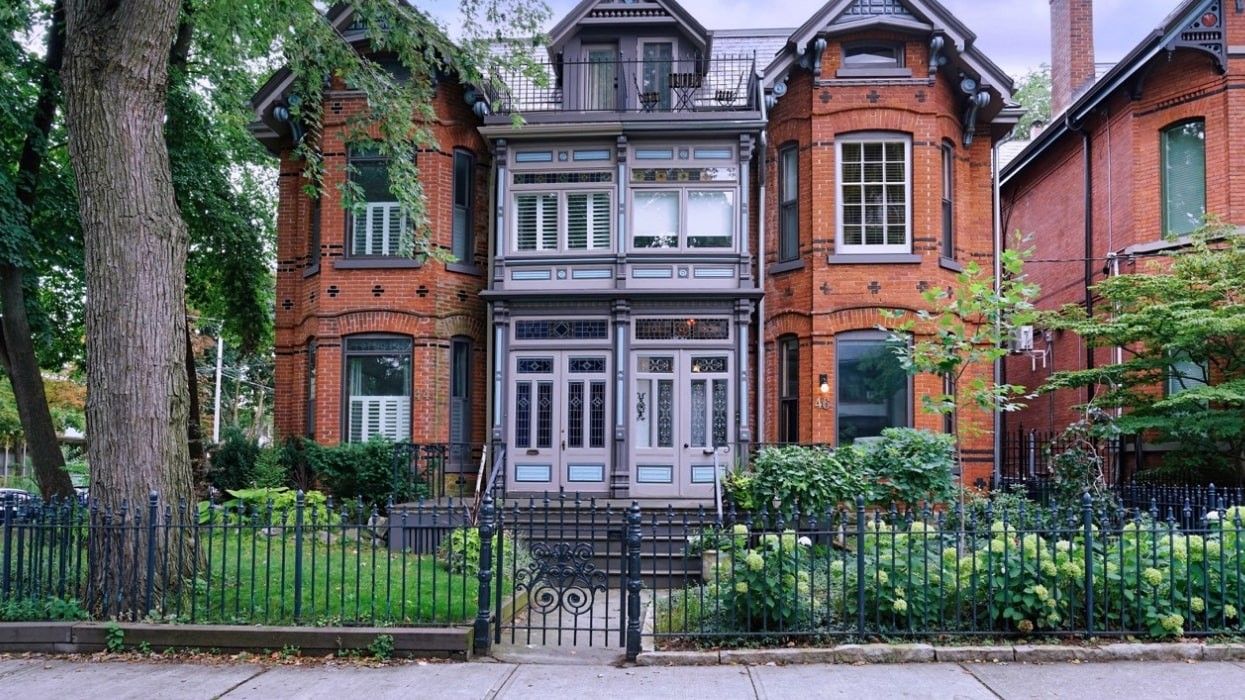Canada may have a long-held reputation as a welcoming haven for immigrants, but the majority of Canadians are now concerned about the number of newcomers and their effects on the housing market.
According to a new survey commissioned by Bloomberg News, more than two thirds of Canadians believe that the federal government’s elevated immigration targets will have a negative impact on the cost of housing.
Sixty-eight percent of survey respondents see the intended influx of permanent residents over the next two years as having a detrimental effect on the cost of housing in Canada. Just one in five believe it will have a positive impact.
The survey was conducted by Nanos Research at the end of July, and included responses from 1,081 Canadians over the age of 18.
Residents of the Prairies were most likely to take a negative stance (70.1%) , while those in Atlantic Canada were most likely to see the situation in a positive light (22.1%). Men were more likely than women to believe the increased immigration targets will have a negative impact on the cost of housing.
The findings show Canadians’ view of immigrants is faltering, fast; in a similar survey from March 2023, 52% of respondents said that increasing the number of permanent residents would have a positive impact on the economy. Just under two in five believed there would be negative effects.
Forty-six percent of those surveyed in March agreed with Canada’s immigration target for the year, an increase of 10% from a November 2020 survey. Fifteen percent of respondents in March believed Canada should increase the number of immigrants it plans to accept in 2023.
The Government of Canada aims to attract 465,000 new permanent residents in 2023, 485,000 in 2024, and 500,000 in 2025. The elevated targets are part of a plan to fill gaps in the workforce and attract skills in key sectors, such as healthcare and manufacturing.
In 2022, Canada welcomed a record 431,000 new permanent residents. Including non-permanent residents, such as refugee claimants or those with a work or study permit, the population has grown by 1.2 million people over the past year. There are already indications that 2023 will be another one-million-plus person year.
While the population has boomed and the labour market flourished, housing starts have declined and supply levels have sunk to historically low levels.
According to a report from TD Economics, if Canada’s "high growth immigration strategy" continues, the country’s housing supply could fall short of demand by approximately 500,000 units within the next two years. Even if the pace of immigration slows back towards the long-term average, there will still be a 150,000-unit gap come 2025.
Prime Minister Justin Trudeau has said that although Canada faces a "real challenge" regarding supply, housing "isn’t a primary federal responsibility," and should instead be addressed by provinces and municipalities.
Whether the population growth continues at its current pace or slows significantly, the TD report notes that “housing supply will struggle to keep pace.” As such, “A meaningful improvement in affordability will likely remain elusive.”
In a recent interview regarding housing supply and immigration, Dr. Mike Moffatt, Economist and Assistant Professor at Ivey Business School, told STOREYS he fears that Canadians' tolerance towards immigrants is starting to crack, and people blame newcomers when they can't find a home or when their rent is too high.
"I would absolutely hate to see that happen," Moffatt said. "And I think there is a real risk if all three orders of government don’t start to take this crisis seriously."





















